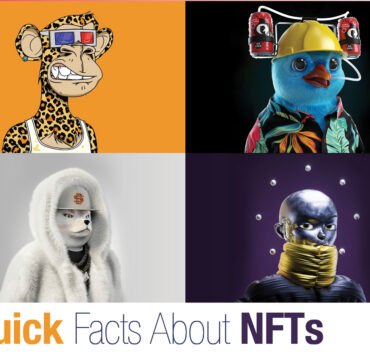If you’ve heard tech gurus like Mark Zuckerberg talk about the Metaverse you’d get the hint that it’s generally the future of the internet. But for those of us still trying to figure it out, here’s a piece that can possibly clear the air on what we know so far.
To be fair, discussing what the Metaverse could be is sort of like talking about foldable smartphones and VR with someone from the 1900s. Back then you could’ve possibly imagined what it would be like to have advanced technology but you could never really put your finger on it to be sure.
Widely speaking, the things that make up the Metaverse can include VR (virtual reality)— characterized by consistent virtual worlds that continue to exist even when you’re not actively engaging with them—as well as AR (augmented reality) that combines aspects of both digital and physical worlds. However, it doesn’t require that those spaces be exclusively accessed via VR or AR. A virtual world, like aspects of some games like Fortnite that can be accessed through PCs, game consoles, and even phones, could be metaversal. The Metaverse may also translate to a digital economy like we’ve seen growing increasingly over the years with digital cash. But instead of functioning simply as a currency, people would be able to buy and sell goods in the Metaverse. An ideal vision of the metaverse would mean that it’s interoperable… allowing you to take virtual items like clothes or cars from one platform to another. In the real world, you can buy a shirt from the mall and then wear it to a movie theater. Right now, most platforms have virtual identities, avatars,
and inventories that are tied to just one platform, but a metaverse might allow you to create a persona that you can take everywhere as easily as you can copy your profile picture from one social network to another like from Twitter to Instagram.
The pitches for these visions of the future range from highly optimistic to somewhat crazy. At one point during Meta’s (formerly Facebook) presentation on the Metaverse, the company showed a scenario in which a young woman is sitting on her couch scrolling through Instagram when she sees a video a friend posted of a concert that’s happening halfway across the world.
The video then cuts to the concert, where the woman appears in an Avengers-style hologram. She’s able to make eye contact with her friend who is physically there, they’re both able to hear the concert, and they can see floating text hovering above the stage. This seems cool, but it’s not really advertising a real product, or even a possible future one.
So far it all seems pretty complex. One thing is for sure though, as time goes on things should become clearer for all.





